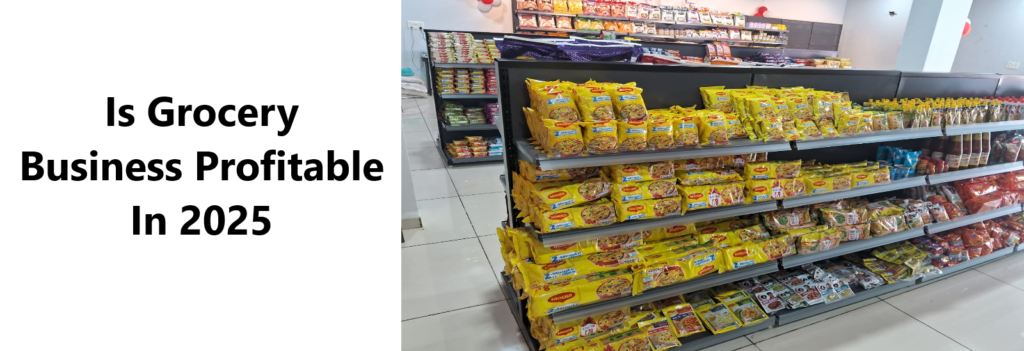Investing in a Grocery Franchise Mart

The profitability of the grocery business in 2025 can depend on various factors, including market trends, consumer behavior, location, and operational efficiency. Here are some points to consider:
- Market Demand: The grocery sector generally experiences steady demand as food is a necessity. However, changing consumer preferences towards organic, local, and convenient options might impact profitability.
- E-commerce Growth: Online grocery shopping has been on the rise, accelerated by the pandemic. Investment in e-commerce platforms and delivery services can be a profitable avenue.
- Supply Chain Issues: Ongoing or new supply chain challenges can affect costs and availability, impacting profit margins.
- Competition: The level of competition from local stores, larger chains, and online retailers can influence pricing and customer loyalty.
- Technology Investment: Automation and tech integration in inventory management, sales tracking, and customer engagement can improve efficiency and profitability.
- Sustainability Trends: Businesses focusing on sustainable practices may attract more customers, benefiting from a growing trend toward eco-conscious consumption.
Overall, while the grocery business has potential for profit in 2025, success will largely depend on how a business adapts to changing market conditions and consumer preferences. Would you like to explore a specific aspect of the grocery business further?
Is Grocery Franchise Profitable ?
Yes, a grocery franchise can be profitable, but several factors influence its potential success. Here are some key considerations:
- Brand Recognition: Franchises often come with established brand recognition, which can attract customers and help generate sales quickly.
- Support and Training: Franchisors typically offer training, marketing support, and operational guidance, which can help new franchisees manage their businesses more effectively.
- Location: The profitability of a grocery franchise largely depends on its location. High foot traffic areas with a strong customer base are crucial for success.
- Market Trends: Staying aligned with market trends, such as organic products or local sourcing, can enhance profitability.
- Initial Investment and Fees: Consider the initial franchise fee, ongoing royalties, and other costs. Understanding the total investment required is vital for assessing profitability.
- Competition: The level of competition in the local market can impact profitability. If there are many grocery options nearby, it may be harder to gain market share.
- Operational Efficiency: Effective inventory management, cost control, and staff training can significantly affect the bottom line.
While many grocery franchises can be profitable, each situation is unique. It’s essential to conduct thorough research and consider local market dynamics. Would you like to dive deeper into a specific franchise opportunity or type?